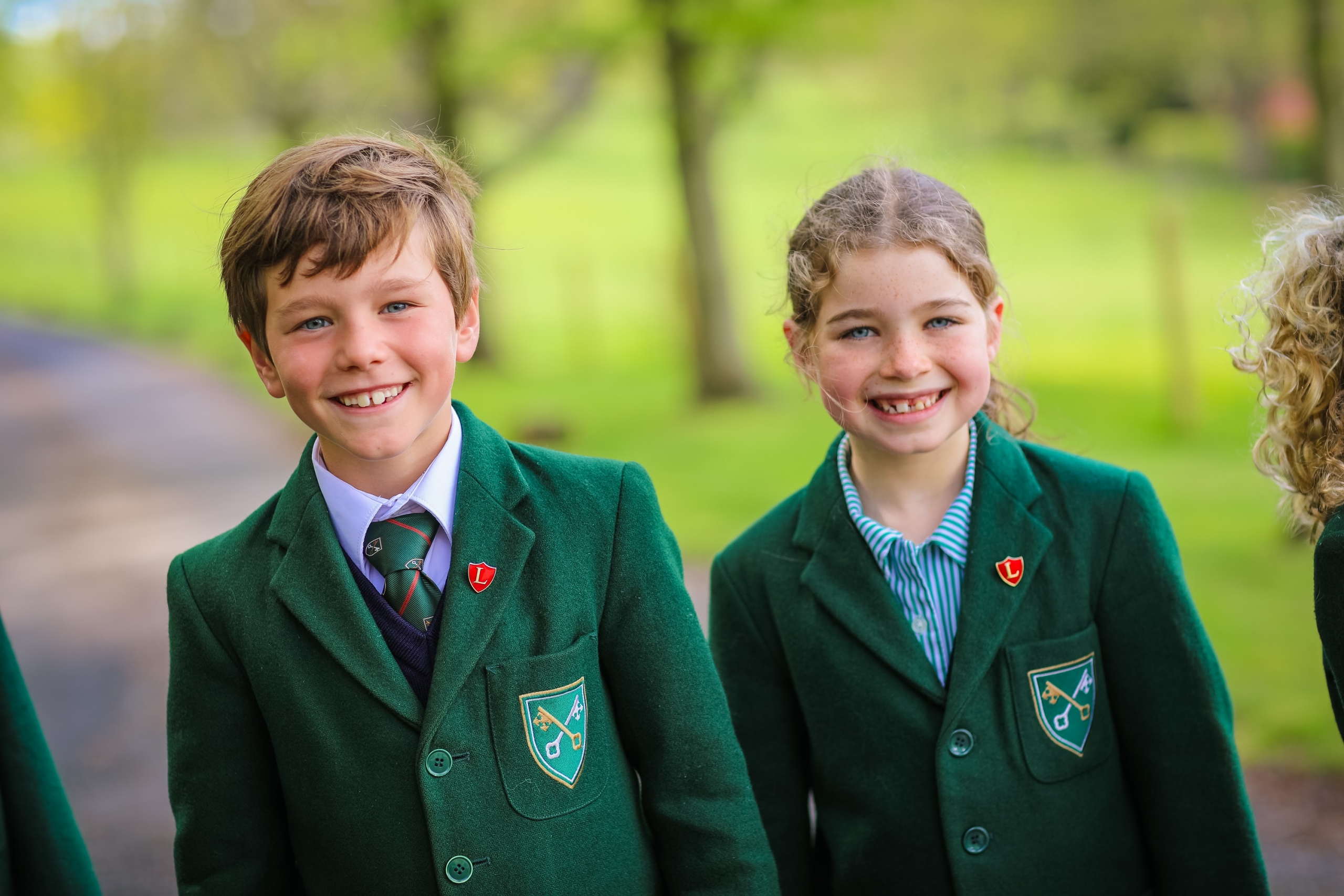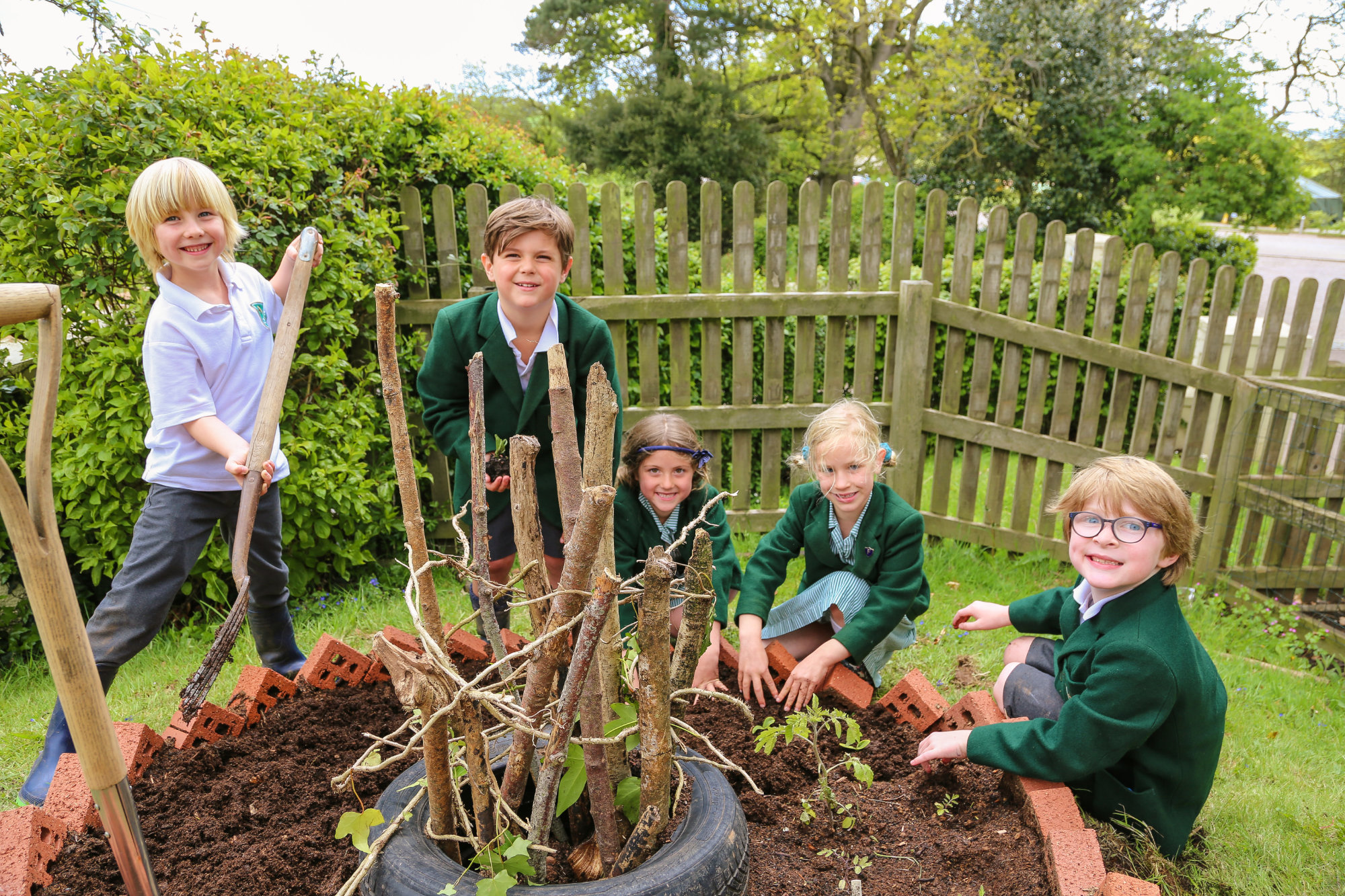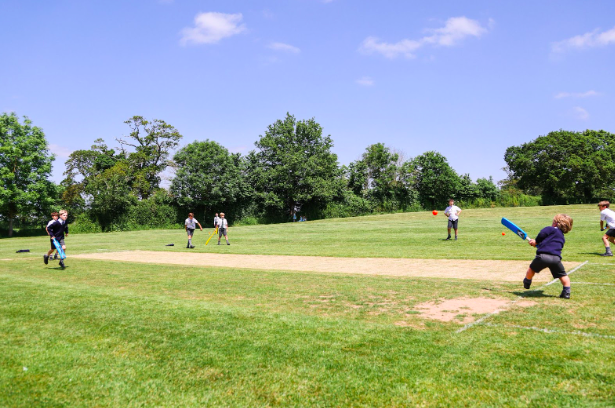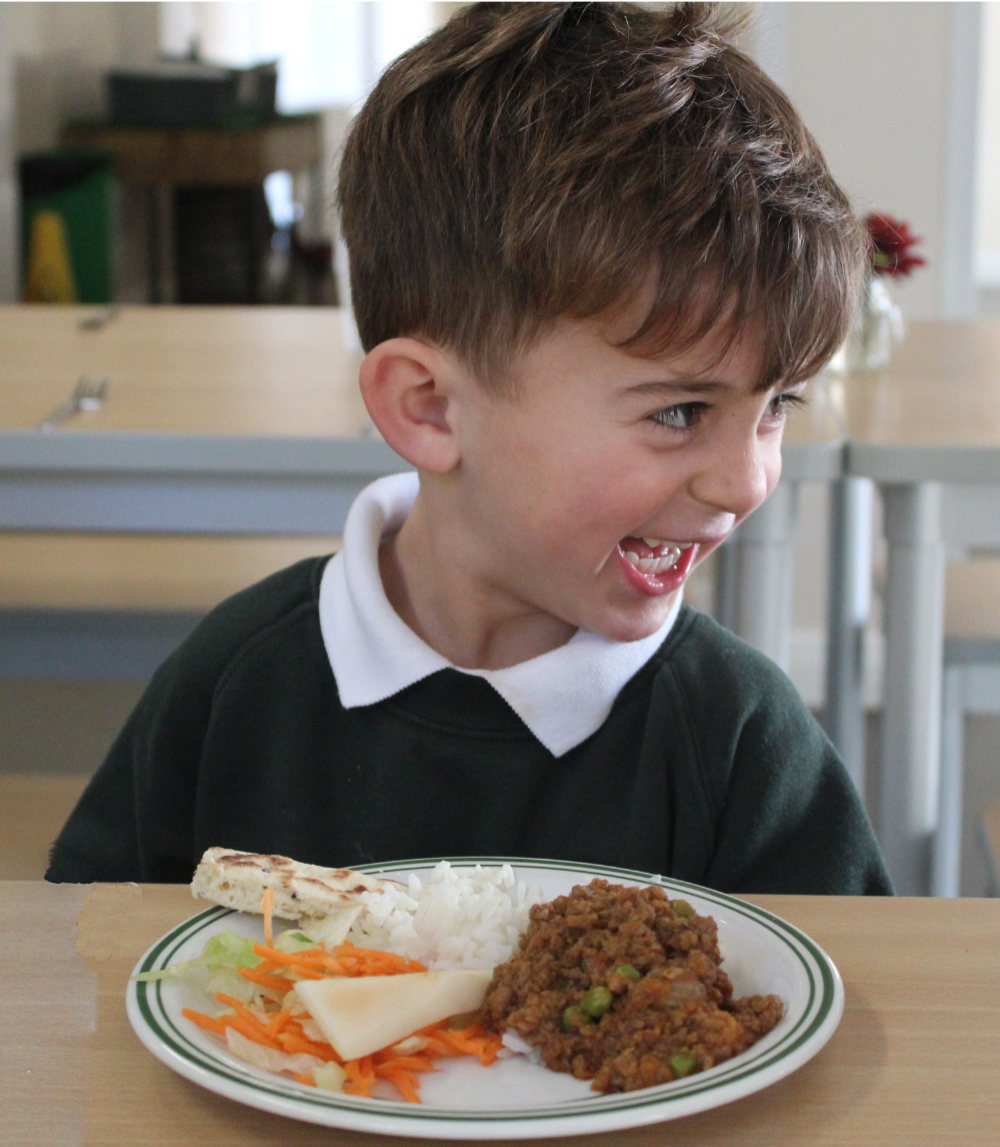Intro by Mrs Lucy Ball (Deputy Head, Teaching and Learning).
Welcome to our next Guest Blog, for the week. This week’s post comes from Mr Rob Evans, who joined the St Peter’s teaching team in September 2021, after many years teaching and leading in the state sector. There are not many education roles in which he has not worked: teacher of all year groups and ages, curriculum leader, head teacher, advisor…the list goes on. His experience is wide and incredibly varied. How lucky we were to catch him?!
I asked Mr Evans (Year 2 tutor) to tell me all about his own deeply held pedagogy; in other words, what is his theoretical belief for what makes teaching and learning the best it can be?
Here is his response:
“The mind is not a vessel to be filled but a fire to be kindled” Plutarch
To say that there have been changes in education during my 27 year career would be the understatement of the century. It is true that I have seen many approaches and initiatives rolled out, disappearing under a new raft of “innovative ideas” only to come back into fashion like your favourite pair of skinny jeans. On a course I attended many years ago, the keynote speaker rather wearily said, “If you stand still long enough, you become a revolutionary.” To be fair, he had a point. Such are the complexities of educating children and, of course, the pressures of societal changes over the years, it is perhaps understandable why an attitude or approach may be drawn upon and re-badged to tackle the needs of the day.
Filling the Vessel

One of the last tasks I had before leaving my previous school was to design and write a whole new curriculum and map the progression of skills for Reception through to Year 6. It was months of taxing work and I was relieved when I finally sat back in my chair and clicked ‘save’ for the last time. No sooner had I shared my vision for the new curriculum with the staff, an email dropped into my inbox from the School Improvement Lead at the Multi-Academy Trust to which we belonged, saying:
“Oh, by the way….Ofsted are no longer interested in a progression of skills. They want a progression of knowledge.”
“WHAT!?”
Ofsted’s new mantra of “children should know and remember more” was another shift in thinking that has far reaching implications in the way we teach. The acquisition of knowledge has long been seen as the ‘traditional’ model of teaching. Going back to the Victorian era, rote learning and memorising information to regurgitate on demand has been a frequent fall-back in educational philosophy. After all, children love a good fact, the more gruesome the better…and it’s easy to test!
As an approach, it has its place, without doubt; but, there is a danger that learning can become a narrow, sterile, passive experience if the teacher resorts to ‘chalk and talk’ methodology. Constantly filling the vessel without opportunity to apply their knowledge, and make connections, limits children’s deeper understanding. There will always be those learners who are challenged by retaining information and, if success is measured by how much you can recall, then many children will be stuck in a system where failure is a strong possibility.
Kindling the Fire
A far more exciting approach is to consider how we can unlock the untapped potential in each and every child, good memorisation skills or not. Children’s learning should be a life-long adventure that is fuelled by their own curiosity. They need to be equipped with the skills to explore and follow lines of inquiry that spark their interests and take learning to the next level. It should be an incredibly personal journey that adapts to the strengths and interests children discover along the way. Learning should be a social experience, too. David Didau says, “We don’t just learn facts; we learn from the context in which we encounter those facts. By discussing, experimenting and dealing with failures we learn how to use the skills and knowledge we have acquired. Getting students to explore ideas in groups encourages them to talk about problems and try to solve them together.” Research shows that learning by ‘doing’ rather than ‘being shown or told’ has a longer lasting impact on children’s ability to remember and develop. Yes, there should be rigour and the expectation that children achieve high standards but it is also crucial that they have opportunities to develop in a more holistic way.
And that is why, after so many years teaching in state education, I have finally found my way to St Peter’s. The strong values and philosophy of the school are born out through the St Peter’s School Baccalaureate® curriculum . The process of sparking curiosity, finding and presenting instils a sense of collaboration, fun and adventure. It ensures that children have the opportunity to become well-rounded learners and gives every child the chance to shine.

Keeping the Fire Burning
By definition, life-long learning is a never ending process and I believe that it is important that the teaching staff and all members of the school community embody and model these values. This is why I have always challenged myself to take on new roles and take myself out of my comfort zone. I have been fortunate enough to hold senior management positions in each of the three schools I’ve worked in and gained huge satisfaction from helping to mould and develop schools into dynamic, exciting learning environments where children develop a growth mind-set and are active in their learning. In order to show that I practise what I preach, I always try to make the most of the opportunities that come my way to enrich my experience as a teacher; such as spending a year as one of Devon’s lead Science teachers providing support for struggling practitioners; teaching in Uganda as part of a cultural exchange; being a mentor for students and newly qualified teachers and participating in a two year maths mastery research group, to name but a few.
St Peter’s already has an outstanding team of talented teachers and subject specialists and I’m looking forward to establishing myself amongst them and contributing to keeping St Peter’s the inspirational learning environment it has already proved to be.
Mr Rob Evans
Year 2 Tutor
From his Blog, you can probably see that we both agree and concur with so much of our Teaching and Learning pedagogy – that must be why we get on so well!
Welcome to the team Mr Evans; you are a rich addition to the St Peter’s bus!
Lucy Ball
Deputy Head Teaching and Learning









